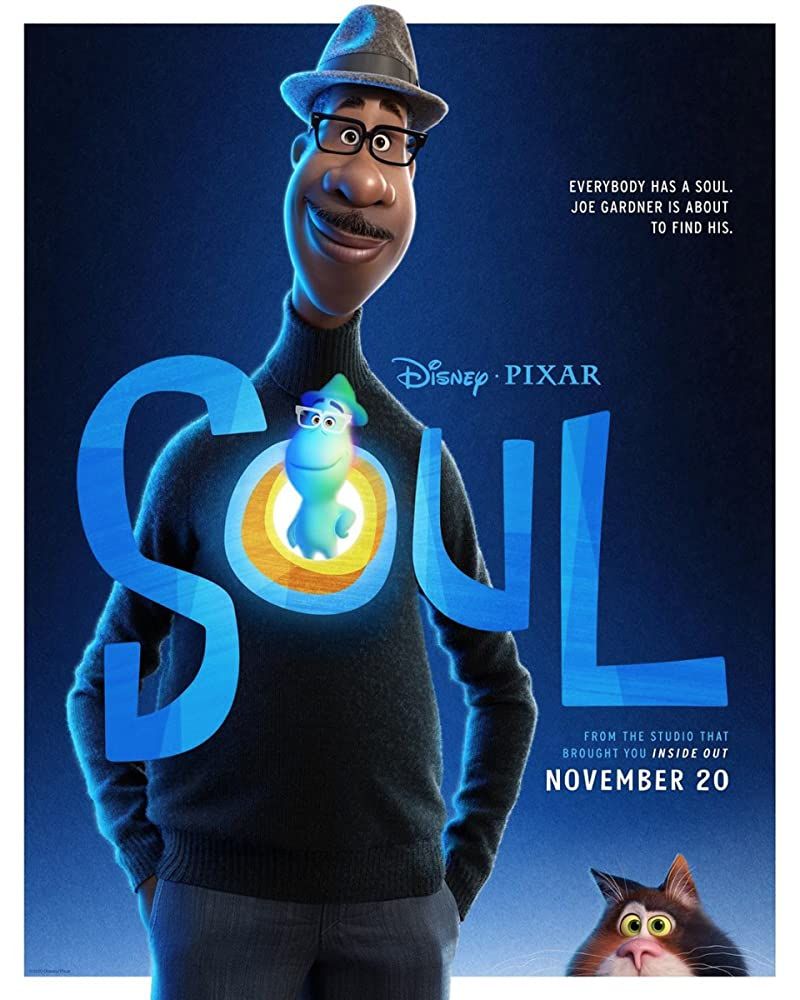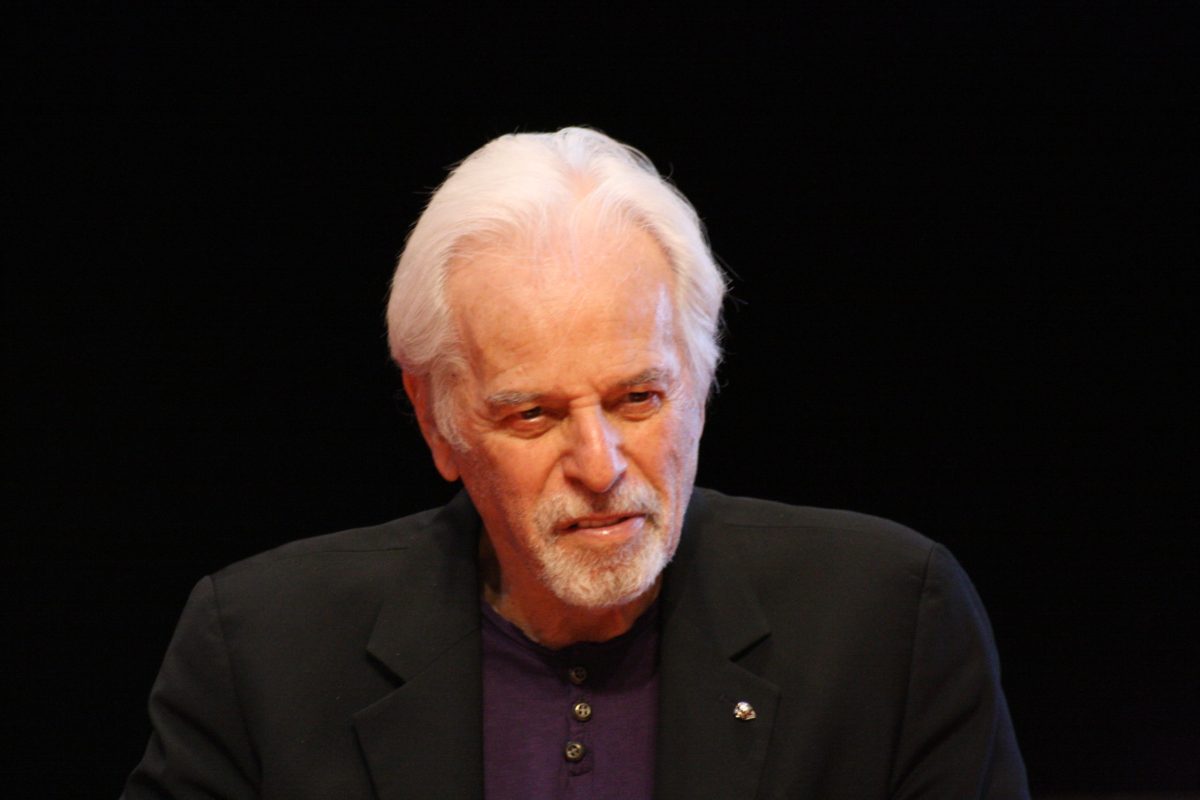The 91stAcademy Awards were held on Sunday, Feb. 24, with automatic controversy surrounding this year’s Best Picture winner: “Green Book”.
The film, directed by Peter Farrelly and starring Viggo Mortensen and Mahershala Ali, also took home Best Supporting Actor for Ali and Best Original Screenplay for Nick Vallelonga, Brian Currie, and Farrelly. “Green Book” is based on the true story of pianist Dr. Donald Shirley (Ali) and his driver, Tony “Lip” Vallelonga (Mortensen), as they traveled through the American South in 1962.
While the film quickly became popular, winning the People’s Choice Award at the Toronto Film Festival, it also drew criticism for its handling of the subject matter. For many, the film’s depiction of Shirley was reminiscent of the “magical negro”: a black character whose only purpose is to help the white main character go through their character arc. This only served to further the film’s “white savior” narrative, in which a prominently-featured white character helps a person of color overcome challenges that they can’t conquer on their own. This impression was made worse by Ali’s win of Best Supporting Actor.
In the few months between the film’s premiere and the Oscars, the controversies just kept coming.
First, in September, Mortensen used the n-word at a post-screening Q&A, for which he quickly issued a public apology. Then, in November, the Shirley’s family denounced the film, calling it a “symphony of lies”. In January, Farrelly apologized for having flashed his penis in the workplace, and screenwriter Vallelonga apologized for a 2015 tweet in which he agreed with the debunked claim that Muslims in New Jersey cheered after 9/11.
While each of these controversies involves important issues, the ones most connected to “Green Book’s” Golden Globe and Oscar wins are the film’s historical inaccuracies and depiction of its main characters. As previously stated, “Green Book” relies on a number of tropes, including the “white savior” narrative, in which the film spends a considerable amount of time focusing on the white Vallelonga and his arc of overcoming his own racial prejudices and becoming a better man through his friendship with the “magical negro” that is Shirley.
At the same time, Shirley is depicted as being isolated and out of touch with his family and the African American community as a whole, with Vallelonga introducing Shirley to things like fried chicken and the music of Little Richard. In one scene, Vallelonga even claims to be blacker than Shirley. These are points that Shirley’s family has taken direct issue with, claiming that the actual Donald Shirley had an active relationship with his family and was friends with major Civil Rights activists like Martin Luther King, Jr., and African American musicians like Nina Simone.
There has been some backlash to this controversy, mainly surrounding the family’s claims that Shirley and Vallelonga were not friends and had “an employer-employee relationship”. One of the most notable responses is a Hollywood Reporter article by Kareem Abdul-Jabbar, in which he argues that “films are not about facts, they are about something much more elusive and important: truth.” In part I agree with this; “Green Book” is not a documentary, and minor inaccuracies can be overlooked in pursuit of a deeper truth. However, there is a difference between minor inaccuracies and the distortion of facts to push a specific narrative.
By ignoring Shirley’s relationships with prominent African Americans at the time and his involvement with the Civil Rights movement—including the Selma march—in order to make him appear isolated from the black community, the film ignores the life and accomplishments of a successful black musician and opens the door for a white savior to come in and show him why he needs to connect with “his people”. This is amplified by the fact that all the writers and producers of the film are white. While it is possible for white screenwriters to tell the story of black characters accurately and compellingly, there is an inherently different perspective that would be brought by including black voices. Social media users were quick to recognize the lack of diversity in the film’s creative team, with some calling the film racist.
“Green Book” is an enjoyable film that addresses an important topic, but its deliberate warping of facts to tell a ‘white savior’ narrative, coupled with its lack of diversity and series of controversies, has left many wondering whether it truly deserved to win Best Picture.



































